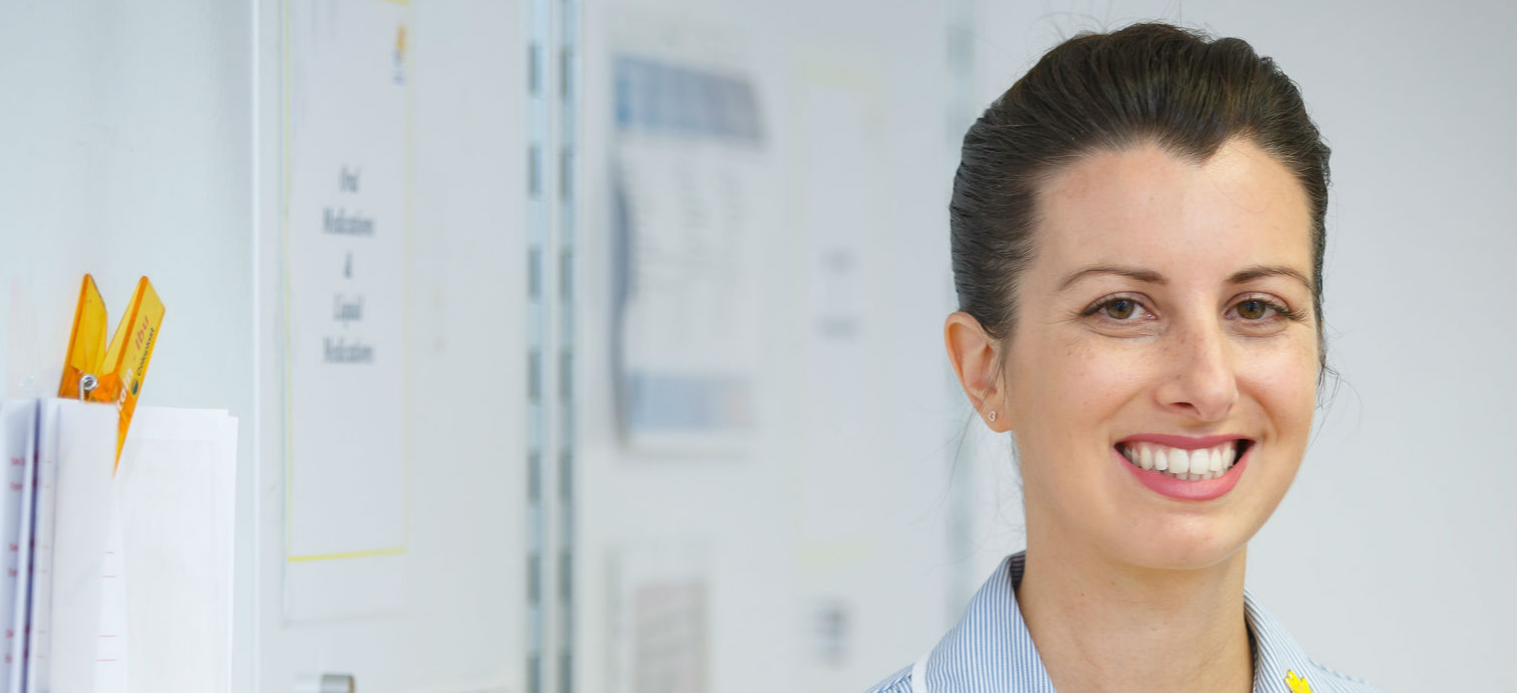When someone reaches the point of needing palliative care they tend to want to make every moment count. To focus on doing the things they love, saying the things that should've been said a long time ago, spending time with loved ones.
With these sorts of considerations understandably at the front and centre, you might think that participating in research projects is the sort of thing people wouldn’t typically prioritise. Well, as a Marie Curie researcher, I’m delighted to say you’d be wrong.
I never expected this to happen!
Four years after I started at Marie Curie, an opportunity came up for a secondment studying hydration and the effects it can have on symptoms for people with advanced cancer. As a nurse I’ve always answered from experience, which is valuable, but this was a great opportunity to find some new evidence-based answers around fluids and hydration.
I never expected this to happen in my career if I’m honest!
The majority of patients are keen to hear about it.
The majority of patients I’ve approached to take part in research have been keen to hear more. Most are then very eager to be involved. With people who decide not to participate, the reason is usually that the time just isn’t right for them or they feel too tired to answer questions.
Each patient has participated on a very selfless basis.
Any patient taking part in this research will be aware that ultimately the result won’t affect them; what they’re doing aims to improve care in the future. With that in mind, each patient who participates does so on a very selfless basis! Usually they want to help others, or improve things for their own families’ future.
A couple of typical responses from patients would be:
“Why should I not be approached to take part? Just because I have a terminal illness doesn’t mean I don’t want to help.”
“Sign me up to anything! If it makes a difference to someone else’s life, I’m in!”
I’m always surprised by people’s kindness. It’s lovely to see on a daily basis. In a world that’s often focused on negativity, I feel very lucky to be involved with people acting in such a selfless way… it’s quite humbling really.
The two most important things…
When you’re caring for someone with a terminal illness I think it's really important to listen to that person, first of all. Usually, the person who's got the terminal illness has got their own views on how they want to be cared for, and everyone's different. So, it's really important to listen to the views of that person first and foremost, and take them on board.
Speaking to people honestly is the next most important thing. Being honest with people about what's achievable is really useful, because you don't want to build people up for something that you can't achieve.
Initially our challenge was to raise the profile of the research in the hospice. We’ve done really well on this: in just two years, we’ve gone from conducting no research to recruiting to three studies on the National Institute for Health Research (NIHR) portfolio.
I haven’t always worked for Marie Curie, or indeed been involved in research. When I qualified as a nurse, I went straight into a job on an orthopaedic ward. I particularly remember one shift…
It was an early shift, the ward was short staffed, and me and a healthcare assistant were looking after 13 patients: some with dementia; some waiting to be discharged; a couple of pending admissions; post op patients; and a lady who was dying. I remember becoming frustrated and upset that I couldn’t give the patient at the end of her life the best care she deserved. It just didn’t feel right. All I could think of is what I would want for my family.
Eventually I had serious words with the ward sister who was chasing me about discharges, and I told her to do them herself so I could give the lady at the end of her life the best care possible.
This was what made me realise palliative care was probably for me!
